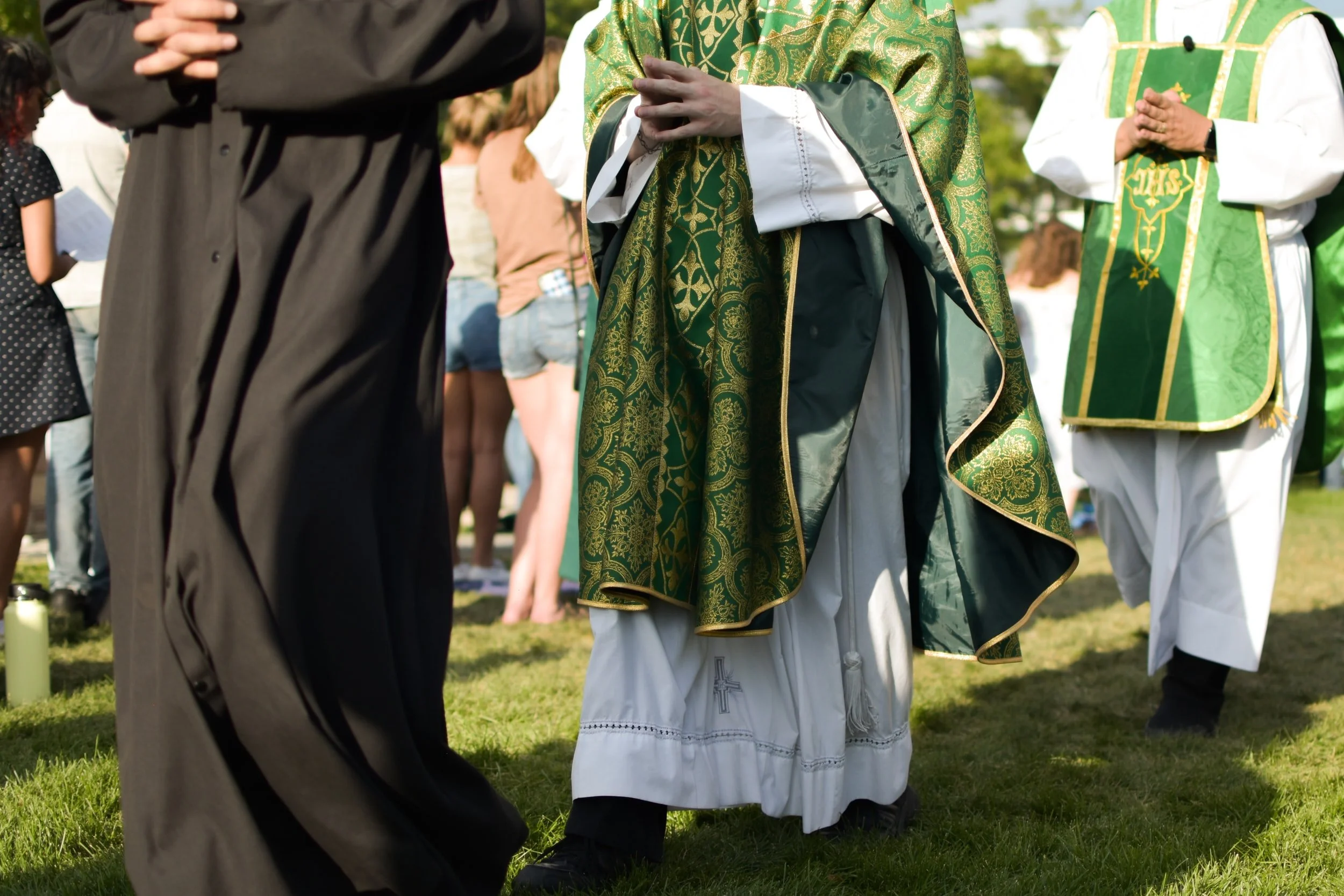The issue of the roles of women in the Church has become a divisive topic in recent years, one that is tied to other volatile topics such as feminism and Critical Theory. This series of blog posts is designed to address the issue and answer the common objections to biblical gender roles in the Church. This particular post answers some of the common arguments made by egalitarians.
Women Pastors?
Culture and the Redefining of Terms
Cultural Hermeneutic: “That Prohibition Was For That Time, Not Now.”
The most common argument for the egalitarian position is the “cultural” argument. While it comes in many forms, it argues that the biblical prohibitions on female teaching and authority over men were due to women being less educated than men.
It is debatable whether women in cities such as Corinth were less educated. Also, the pagan temple priestesses would have had authority.
The real issue is that Scripture never argues from culture when applying complementarian prohibitions on female authority. In fact, Scripture cites the created order (pre-fall) as an argument for male headship (1 Timothy 2, 1 Cor. 11). Since the reason for the prohibition is tied to creation, “culture” cannot be used as a reason to no longer apply the principle.
“I do not permit a woman to teach or to exercise authority over a man; rather, she is to remain quiet. For Adam was formed first, then Eve...”
Headship
Husbands and Fathers and what it means to be “head” of woman.
Definition of Head: “Head means ‘source’ not ‘authority.’”
A lesser-used argument against the complementarian view is the conjecture that “head” in Ephesians 5 means “source” rather than leader or overseer. In this view, headship is seen as merely an issue of women being created from man, not of authority. However, every other reference to headship in Scripture involves authority. Also, the redefinition does not answer other passages such as 1 Timothy 2 and 1 Cor. 11. Thus the redefinition of the “head” argument is not often used.
Bifurcating Pastor from Elder: “Pastor is a function distinct from the office of elder.”
Recently the Christian and Missionary Alliance has sought to implement egalitarian practices through a separation of the term “pastor” from the term “elder.” In this view, the role of “elder” is reserved for men, but the title “pastor” is given to women. At times, they will argue that the term “pastor” is a modern term not a biblical term, arguing that it can be used freely. There are several problems with this position.
"Pastor" is merely an English translation of ποιμένας (Eph. 4:11). It is a biblical term that means "shepherd." There is no sense in which it is a modern conception.
Biblically, the term "pastor/shepherd" was used in the OT and NT to refer to an overseer of some sort. The term is directly associated with authority (2 Sam 5:8, Isaiah 40:11, etc.).
The terms "elder," "overseer," and "bishop" are used interchangeably to refer to the office/role of elders and it is only men in this role that are commanded to "pastor." (Acts 20:17,18,28,1 Pet. 5:1-2)
At no time in Scripture are women told to "pastor." Only male elders and Christ Himself function in this capacity in Scripture. Any attempt to attribute the function or the role to women is eisegesis.
While I prefer that the term "elder" be used more than "pastor," the fact that Ephesians 4:11 uses the term as a noun gives ample credence to its modern use to refer to elders.
Scripture is quite clear (1 Tim 2 especially) that women are not to teach or hold authority over men. This readily rules out women in pastoral roles of any kind. The question "what if they are under true elder authority?" ignores the plain teaching of the text. There is no way for a woman to hold the title of "pastor" (especially the title of "executive pastor") and not be in violation of the command not to "teach or to exercise authority over a man." Were a woman to teach under the authority of a qualified male elder, if she is teaching a man, she's violating the biblical directive presented in 1 Timothy 2.
These are not the only arguments made for the egalitarian position. I’ll be answering more in forthcoming posts.




